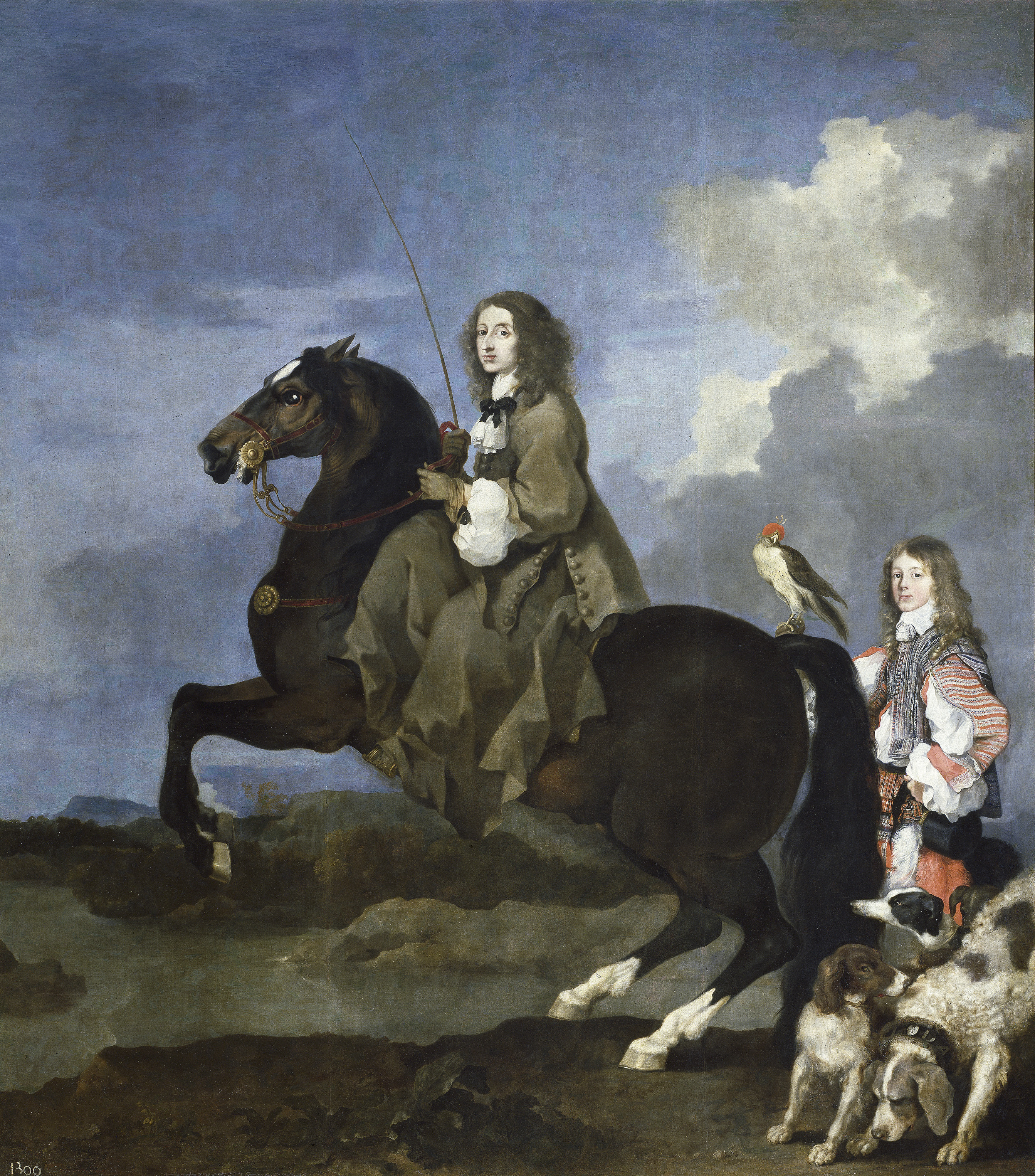The Pontificia Accademia degli Arcadi (The Academy of Arcadia) was an Italian literary society established in Rome in 1690, although its origins can be traced back to February 1656, when a literary circle formed around the patronage of Queen Christina of Sweden. A Catholic convert who abdicated her throne in 1654, she took her entourage to Rome where she established herself as a great patron of the arts. Alessandro Scarlatti, Alessandro Stradella and Arcangelo Corelli all benefited from her largesse.
Christina died in 1689 and the academy was established in her memory. The Academy’s purpose was to reform Italian poetry which they thought had become too extravagant and flowery. The Academy advocated a simpler, direct style and to this end took inspiration from the simple lives of peasants—an idealised world of rural innocence peopled with shepherds and nymphs and burbling streams; in short a recreation of an imagined Arcadian Golden Age replete with classical forms and mythological themes.
In 1696 the Academy admited seven musicians including Giovanni Bononcini – later disgraced and discredited as a plagiarist when it transpired he’d passed off Lotti’s work as his own.
It was considered a great honour to be invited to join this club, and it survived well into the 20th century. In 1925 the Academy was renamed the Accademia Letteraria Italiana and became an historical institute.
George Frideric Handel attended meetings of the Arcadian Academics while he was in Italy; Alessandro Scarlatti was also a member. The other works in our programme are all based on the pastoral themes typical of the Academy’s house style.
© Concentus VII

